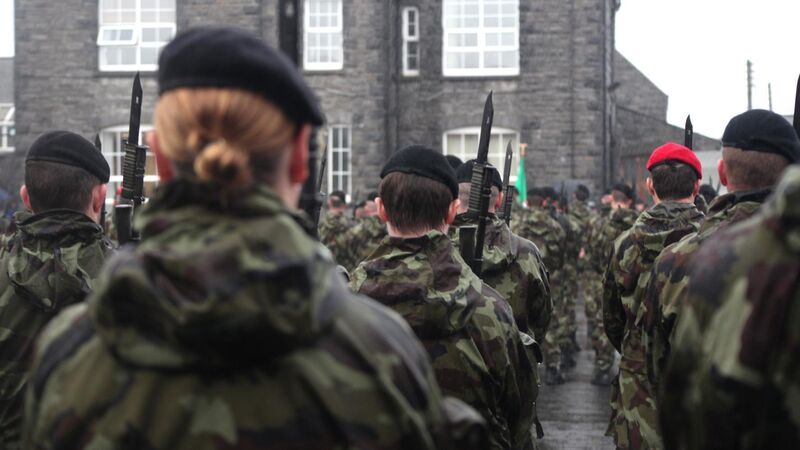Defence Forces healthcare scheme in doubt without Government intervention

PDForra set the Medical Assistance Scheme (PMAS) up with €150,000 of its own funds and members pay just €1 a week for cover.
A highly successful cross-border healthcare system for enlisted Defence Force personnel is in jeopardy unless the government legislates for its continuation beyond December 31.
PDForra started its Medical Assistance Scheme (PMAS) in July 2018 to provide private healthcare for members who were being forced out of the Defence Forces due to medical issues, or were injured on duty and couldn't get fast treatment within the public health system.










